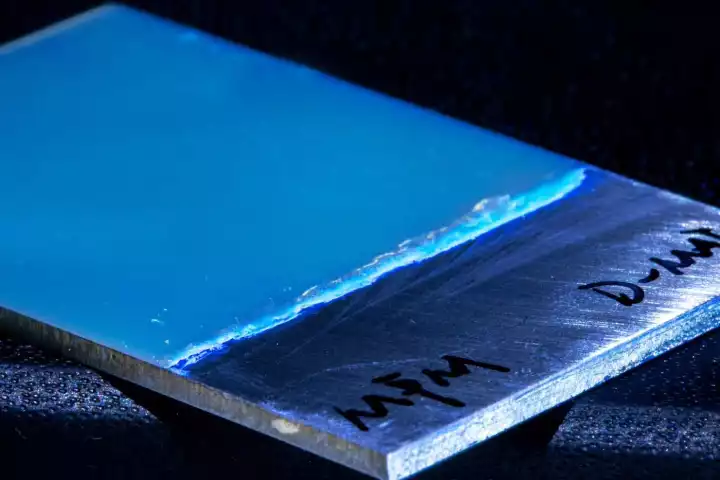Protection
-
Welcome to Science Class 101. I’m your teacher for the next few minutes, to break down what it is about D3O’s non-Newtonian material that makes its upcoming range of helmet protection potentially revolutionary.
-
It's nice to have a protective case with custom foam cutouts for your bits of gear, but that sliced foam isn't gonna be much good for protecting anything else. That's where Pelican's Re-Set padding system comes in, as it can be altered for each use.
-
Italian firm Virus Power might have made history of sorts with its latest piece of gear. Its new line of race suits does away with leather completely, and that's down to the promise of modern textile substitutes. Yup, you read that right – no leather.
-
Whether you live in Cell Block 9, the UK, or simply work a high-risk job where sharp objects pose a hazard, this lightweight, water- and stab-proof jacket is designed to keep you warm, dry and alive.
-
Most exoskeletons are big, expensive, wearable devices designed to reduce the load on body parts such as the shoulders, arms or back. The Artus is different, in that it's made to protect the fingers … and it costs less than US$110.
-
Soldiers and tactical unit police officers often have a lot of heavy gear to carry, including the ballistic body armor that they're wearing. That's where the ExoM Up-Armoured Exoskeleton is intended to come in, as it's load-reducing and bulletproof.
-
Sometimes, violent people rein in their aggressive behavior if they know they're being recorded on video. Whipping out your phone and filming them, however, may make things even worse. That's where the PhoneCam is intended to come in.
-
When deaf athletes with cochlear implants take part in sports, they have to wear headgear that protects the external parts of their implant. A new wearable serves that same purpose, while allowing users to hear the sounds around them much better.
-
Although helmets are required for many sports, Canadian materials engineering technologist Albert Beyer believes that they don't provide enough protection to the back of the head. His solution is a "crumple zone for helmets" known as the DCLR8.
-
Bacteria often get a bad rap, but in many cases they’re helpful little critters. Engineers have now developed a protective coating for buildings that’s loaded with bacteria, which absorb CO2 to produce a barrier against erosion by the elements.
-
A versatile new material helps in the ongoing battle against corrosion. The polymer coating not only protects against corrosion, but highlights cracks as they form, automatically repairs damage to itself, and can be recycled at the end of its life.
-
Astronomers are tracking nearby asteroids, but there’s one glaring blindspot in the sky – the Sun. Thankfully, ESA plans to plug the gap soon with NEOMIR, a mission that will give us advance warning of any Earth-bound rocks from that direction.
Load More











